Banking Reimagined
With Maurice Jones
Listen to Full Episode
About This Episode
On this first episode of More Than Profit Season 2, Bryce talks with Maurice Jones, President and CEO of Local Initiative Support Corporation (LISC). LISC is one of the country’s largest organizations that supports projects, revitalizes communities, and catalyzes economic opportunity for residents. They talk about the history, importance, and future of Community Development Financial Institutions (CDFIs); the importance of the intentional use of race when addressing racial gaps and systemic issues that resulted from an intentional use of race; and, the ways in which specific relationships have impacted Maurice and his work. His deep experience in both the public and private sector is just as impressive as the way he thinks about people and communities. Maurice and Bryce discuss the necessity of giving increased support to black and brown communities that were previously redlined and intentionally excluded from ownership and the financial markets.
Listen To Full Episode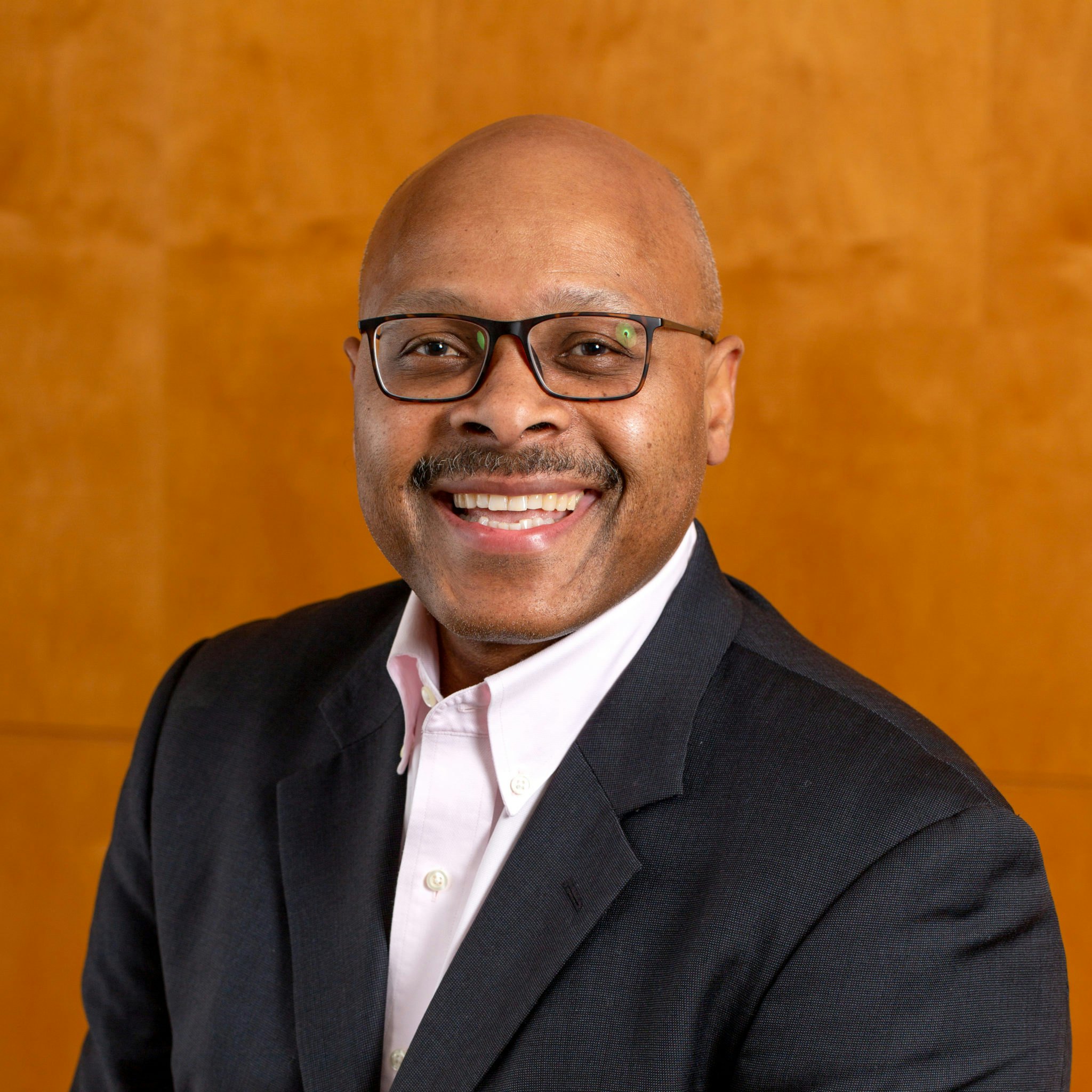
“You can’t drive down any street in a city in America and not realize that those streets were intentionally constructed because of race.”
Maurice Jones
Innovation And Empowerment
With Rose Afriyie
Listen to Full Episode
About This Episode
In the second episode, Bryce Butler of Access Ventures talks with Rose Afriyie, executive director of mRelief, a non-profit that helps people sign up for food stamps, and also one of the recipients of the Reconstruct Challenge. They discuss the experiences that shaped Rose and how they have led her to make decisions that impact her work and life. From interning at the White House, to writing for Time, to now working to provide access to healthy food for people who don’t have it, Rose has lived by a few simple but strong principles.
She has been described as a modern-day Johnnie Tillmon – who was a well-known welfare activist throughout the middle of the past century. Rose Afriyie is passionate and thinks deeply about ways to fix the broken American welfare system that leaves vulnerable people without access to available public assistance. Her story is powerful and she went into tech because she believes writing software is a superpower that people of color and women should have exposure to.
She and an all-female team have built an impressive technology product that was initially incubated at the prestigious YCombinator accelerator. Her devotion to helping lift up the lives of others began early in her life from personal experiences that have since shaped who she is and what she wants to be about in the world.
Listen To Full Episode
“Bringing your passion and creativity to change is really important.”
Rose Afriyie
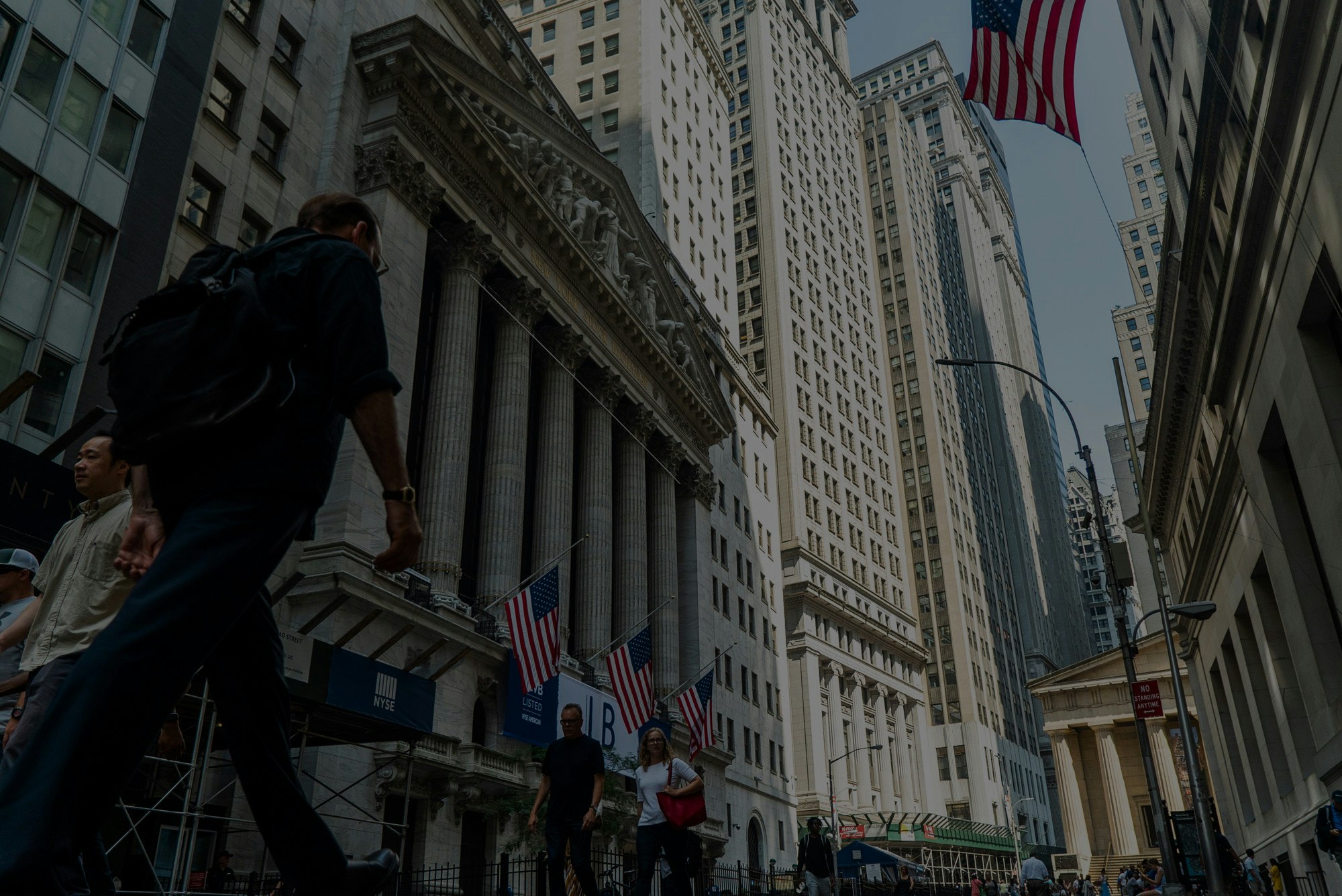
Alternatives to Equity
The impact of entrepreneurs on our communities and economies cannot be overstated. The crux of the issue is whether or not new startups will be able to get off the ground—which requires capital. To be able to lean into the possibilities of diverse entrepreneurial activity, we must creatively innovate our approach to every point in the startup journey, beginning with funding.
Increasing Access To Capital
The widest category of today’s business community does not fit the sensationalized Silicon Valley model of zero to exponential value in a short timeline. It’s a model that, while viable for some, has created an unintended gap in access to capital for the majority. Furthermore, traditional lending has proven exclusionary to many start-ups for a variety of reasons. Investors and entrepreneurs alike are requiring new and more diverse approaches to financing.
Our goal throughout this paper is to explore the ways in which innovation can create new means for entrepreneurs to access capital, as opposed to merely being a product of entrepreneurial activities. By examining the evolution of entrepreneurship and its associated infrastructures, we can reach a better understanding of what challenges exist. Further, we can uncover ways in which alternative funding approaches mitigate those challenges. Finally, our discussion of existing infrastructures points us to areas where innovation into new, exciting approaches to funding are possible.
To us, building a more inclusive economy means working to ensure the economy functions for all people.
To us, building a more inclusive economy means working to ensure the economy functions for all people, and that all people have the financial mobility to pursue their visions, goals, and dreams— not just for themselves, but also for their communities. We believe true inclusion involves seeing all people, of diverse identities and backgrounds, as valuable and offering unique contributions to our communities and economies.
Our work spans the diverse and vibrant needs of the communities in which we are rooted, with particular emphasis on creating equitable, innovative access to resources ranging from capital to networks to physical spaces. Access Ventures’ investments are centered around the belief that the economy represents not just an engine for industry, but an opportunity to demonstrate the inalienable dignity of all people. We envision an economic environment guided not by narrow-minded self-interest, but by the pursuit of equitably distributed growth opportunities—opportunities that provide upward mobility to every citizen. We believe that by prioritizing relationships over isolation, and by offering a seat at the table to the underserved and underrepresented, we build the community we all desire to live in.
Interrogating Systems and Creating Alternatives
With Rodney Foxworth
Listen to Full Episode
About This Episode
On this episode of More Than Profit, Bryce talks with Rodney Foxworth, CEO of Common Future. Rodney shares how his upbringing in Baltimore shaped his future and set him on the path of pursuing an inclusive economy. Bryce and Rodney discuss the vision of Common Future, the barriers to an equitable economy, and what his organization is doing to overcome those barriers. Rodney also highlights the key difference between philanthropy and charity, and how he manages to lean into optimism despite the odds.
Listen To Full Episode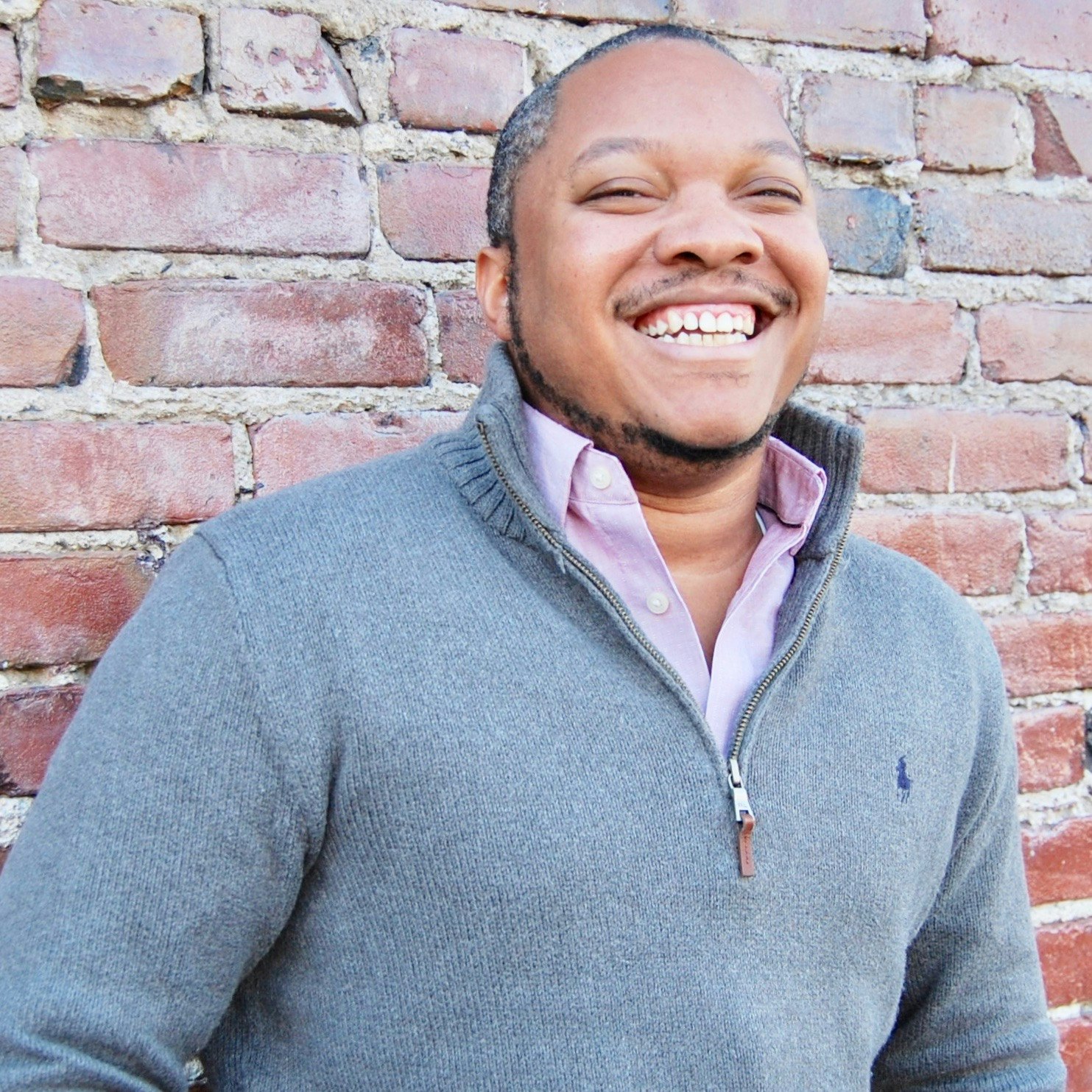
“I believe that those who are closest to the problems are closest to the solutions.”
Rodney Foxworth
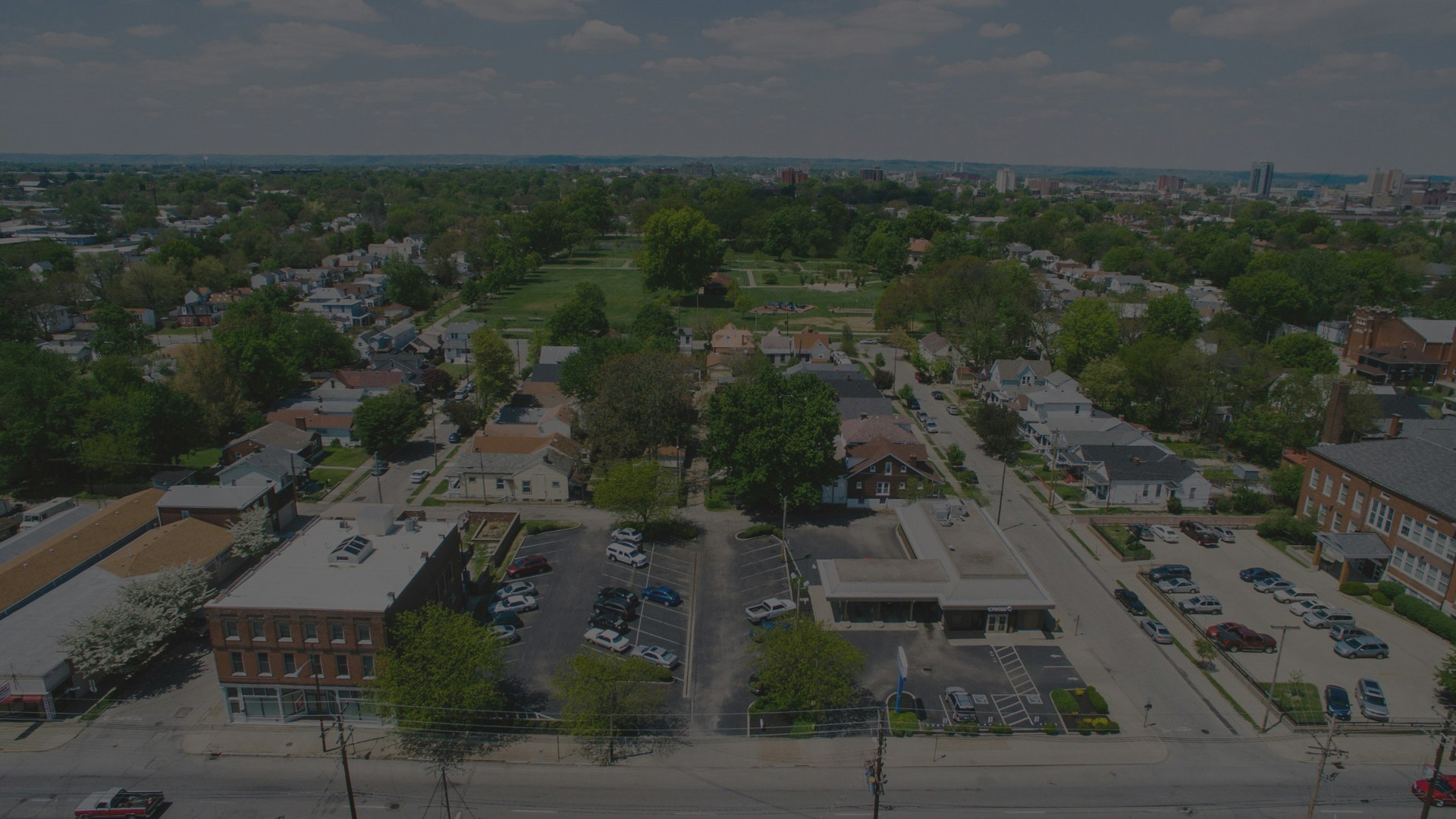
Shelby Park Five Years In
As we look to the future, we need to architect solutions that address the full complexity of interrelated factors rather than focusing efforts on individual issues. Even so, the issues that individuals and individual groups face still require special attention in order to build a more dynamic and inclusive economy where everyone has equitable opportunities.
We can no longer afford to be thoughtless in our approach to ideas about finance and investment. As a major agent of change, capital drives evolution in global economies as well as in local communities and individual opportunities. But for too long, we have not asked the difficult questions that complex financial systems require, choosing instead to ask easy questions with facile answers. The results have been dire on every front—global, local and individual. To even begin to meet the world’s crises, we have to examine the foundational values of our economic activity—to ask not only what capital management can accomplish, but also to ask what capital management means. One-pocket investing represents the natural evolution of what has been a long and organic arc towards holistic economic participation. In its consideration of not only portfolio structure but also the complex and unique processes that surround investing, one-pocket is a holistic mindset more than just a strategy.
The key is understanding that one-pocket isn’t just an approach to investing—it’s a way of outwardly expressing your deeply held value systems. Moving beyond understanding money as a tool and towards understanding money as an expression of our core identity is what the one-pocket mindset is about.
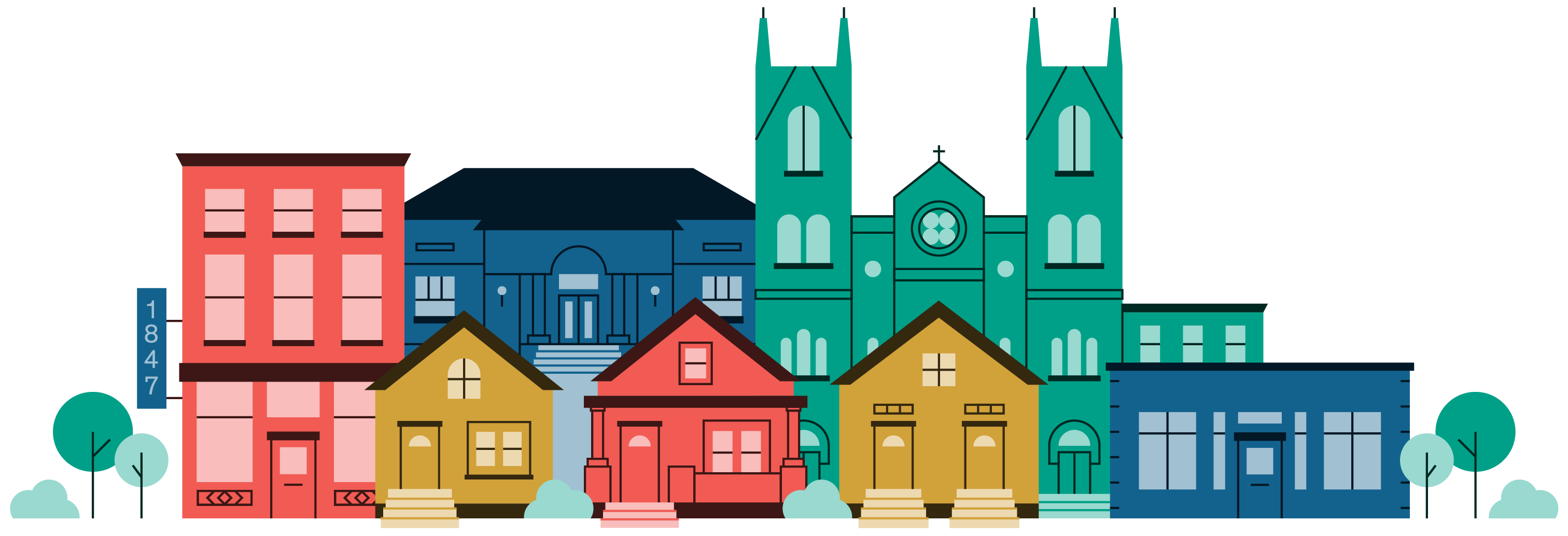
Access Ventures envisions a world in which every person is able to enjoy permanent access and full autonomy within the economy. It is a world where no one is overlooked or underestimated. To get there, we need diverse approaches —a one-size-fits-all solution will not work. We need diverse channels to get diverse services into the hands of a diverse range of people who are currently excluded.
Therefore, it was in Shelby Park that we started our work in the spring of 2014. While it’s a neighborhood with a rich history and vibrant community with many long-term residents, it has been deprioritized in comparison to other regional demands.
What has transpired over the past five years of Access Ventures’ work was not a strategic plan from the start per se, but instead was simply a flexible response to the needs of the community and in response to lessons learned over time. It’s important to remember this so that our reflection on what has been successful and what lessons can be learned are put in the appropriate context. It is with this in mind that we recently completed this case study entitled “Shelby Park – Five Years In”.
What has transpired over the past five years of Access Ventures’ work was not a strategic plan from the start per se, but instead was simply a flexible response to the needs of the community and in response to lessons learned over time.
We began this study with a look at the history of Shelby Park from its inception as a “zone of emergence” to the present day. It’s important to highlight that Shelby Park’s journey is anything but unique. A virtually infinite number of communities across the country have experienced a similar fate: once-vibrant neighborhoods that have experienced a slow depression. The urban thinker Jane Jacobs first published the idea of “organized complexity,” which describes neighborhoods as complex, asymmetric, and dynamic social systems that both empower and constrain the ways of life (as well as the attainment opportunities) of their residents. It is because of this organized complexity we look at neighborhoods like Shelby Park and begin to explore more integrated solutions that cause us to think about the shape, character, and purpose of these places and their people in culturally and historically interactive terms.
As we look to the future, we need to architect solutions that address the full complexity of interrelated factors rather than focusing efforts on individual issues. Even so, the issues that individuals and individual groups face still require special attention in order to build a more dynamic and inclusive economy where everyone has equitable opportunities.